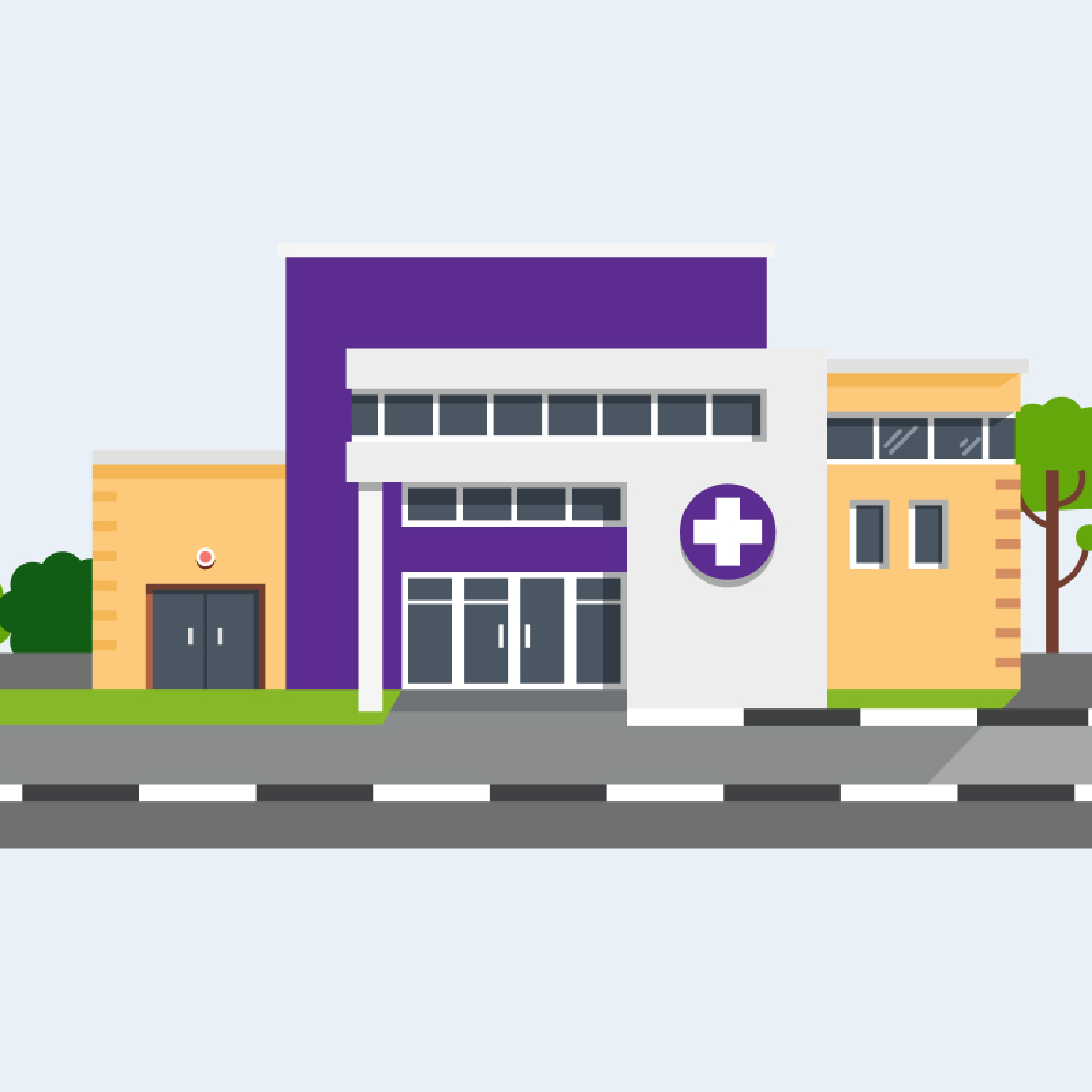Get help for medical surgeries at our partner hospitals on easy EMI's
Information provided will be used to contact you only for the enquiry selected.
Agree toTerms and Conditions
Find the best hospitals for Craniotomy on the Bajaj Finserv Health platform.
Information provided will be used to contact you only for the enquiry selected.
Agree toTerms and ConditionsA craniotomy is a surgical procedure in which the part of the skull is opened to access the brain. It is performed to treat various medical conditions and disorders affecting the brain. During the surgery, a bone flap is removed from the skull to expose the brain, allowing the surgeon to perform necessary interventions. Once the procedure is complete, the bone flap is replaced and returned to its original position.
To remove or treat tumors located in the brain.
To repair or remove abnormal bulges in the brain's blood vessels.
To treat severe head injuries that cause damage to the brain.
To remove blood clots or repair bleeding in the brain.
In some cases, craniotomy may be performed as a treatment option for epilepsy that does not respond to medication.
Severe and persistent headaches
Loss of consciousness
Seizures
Numbness or weakness in limbs
Difficulty speaking or understanding
Changes in vision or hearing
Cognitive or behavioral changes
Craniotomy allows direct access to the brain, enabling the surgical removal of tumors, repair of blood vessels, or treatment of other brain disorders.
By addressing the underlying cause, craniotomy can help alleviate symptoms such as headaches, seizures, and neurological deficits.
Successful craniotomy procedures can significantly improve the patient's overall quality of life by removing or treating brain abnormalities that were causing discomfort or functional impairment.
The patient will undergo a comprehensive medical examination, including imaging tests such as CT scans or MRI scans.
The surgical team will provide detailed instructions regarding fasting, medication management, and any specific preparations for the procedure.
The patient or their legal representative will sign a consent form after understanding the risks, benefits, and potential complications of the surgery.
The patient is given general anesthesia to ensure they are asleep and pain-free throughout the surgery.
The surgeon makes an incision in the scalp to expose the area of the skull requiring craniotomy.
A small section of the skull, called the bone flap, is carefully removed using specialized tools, providing access to the brain.
The surgeon performs the necessary interventions, such as tumor removal, repair of blood vessels, or other targeted treatments.
After completing the interventions, the bone flap is repositioned and secured using plates, screws, or wires.
The scalp incision is closed with sutures or staples, and a sterile dressing is applied.
Preoperative evaluation and imaging tests.
Fasting instructions, including avoiding food and drink for a specified period before the surgery.
Reviewing and signing consent forms.
General anesthesia will be given to ensure the patient is asleep and pain-free.
The surgical team will monitor vital signs throughout the procedure.
The surgical site will be sterilized, and a sterile drape will be placed over the operated area.
Once the operation is over the patient will be transferred to the recovery room for close monitoring.
The doctor will guide you about pain management and medication to prevent infection.
The healthcare team will provide instructions for postoperative care, including wound care and activity restrictions.
Regular monitoring of vital signs and neurological function.
Pain management and medication to prevent infection.
Wound care, including keeping the incision clean and dry.
Gradual return to normal activities as advised by the healthcare team.
Follow-up appointments for evaluation and removal of stitches or staples.
Infection
Bleeding
Swelling of the brain
Neurological deficits
Seizures
Blood clots
Reaction to anesthesia
Changes in behavior
Difficulty walking
Challenges with balancing and coordination
You will be asked to stay in the hospital for at least a week. The recovery period may vary depending on the individual and the specific condition being treated. Generally, it may take several weeks to 2 months for the patient to fully recover after a craniotomy.
This non-invasive procedure uses highly focused radiation beams to treat brain tumors without the need for open surgery.
In certain cases, minimally invasive endoscopic techniques may be used to access and treat certain brain conditions, reducing the need for a large incision.
The cost of a craniotomy procedure in India can vary based on factors like the hospital, location, surgeon's expertise, and the complexity of the case. On average, the cost can range from INR 2,00,000 to INR 8,00,000.
Hospital charges and facilities
Surgeon's fees
Anesthesia and operating room charges
Diagnostic tests and imaging
Medications and postoperative care
Patients who require financial assistance for craniotomy may explore various options such as health insurance coverage, government health schemes, medical loans, or healthcare financing programs offered by institutions like Bajaj Finserv Health EMI cards. These options can help manage the cost of the procedure and provide flexible repayment options.
The Bajaj Finserv Health EMI card offers a convenient financing option for medical expenses. It allows patients to choose a hospital that suits their preference while availing the card's benefits. The card covers certain medical expenses that may not be covered under typical insurance plans, making it an accessible option for individuals seeking financial support for craniotomy.
